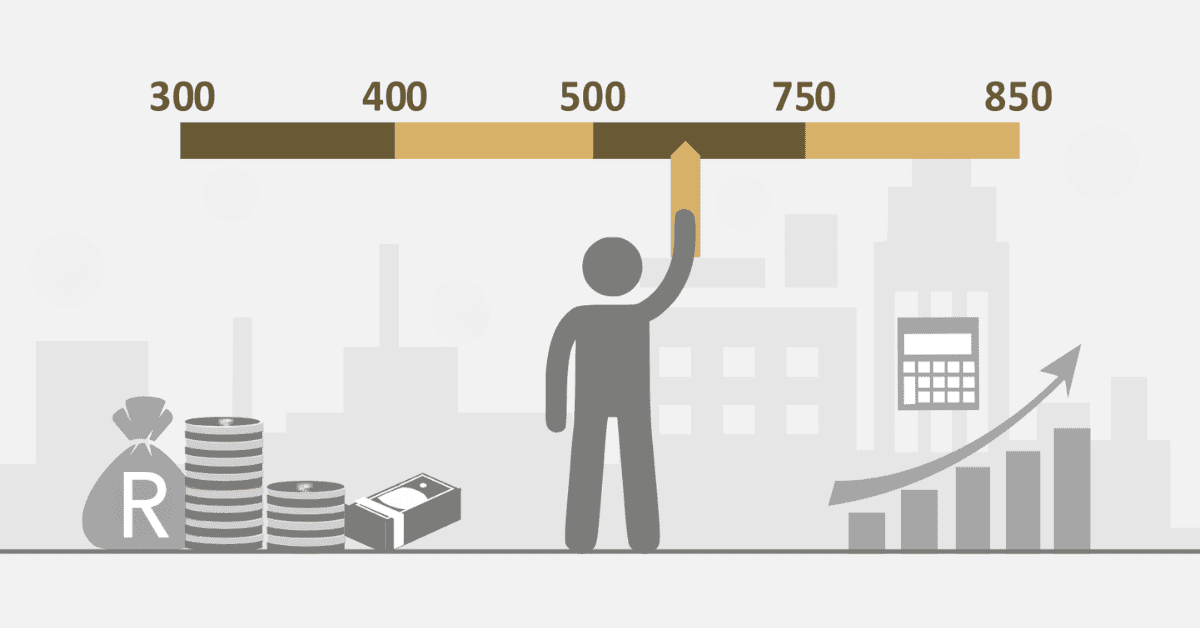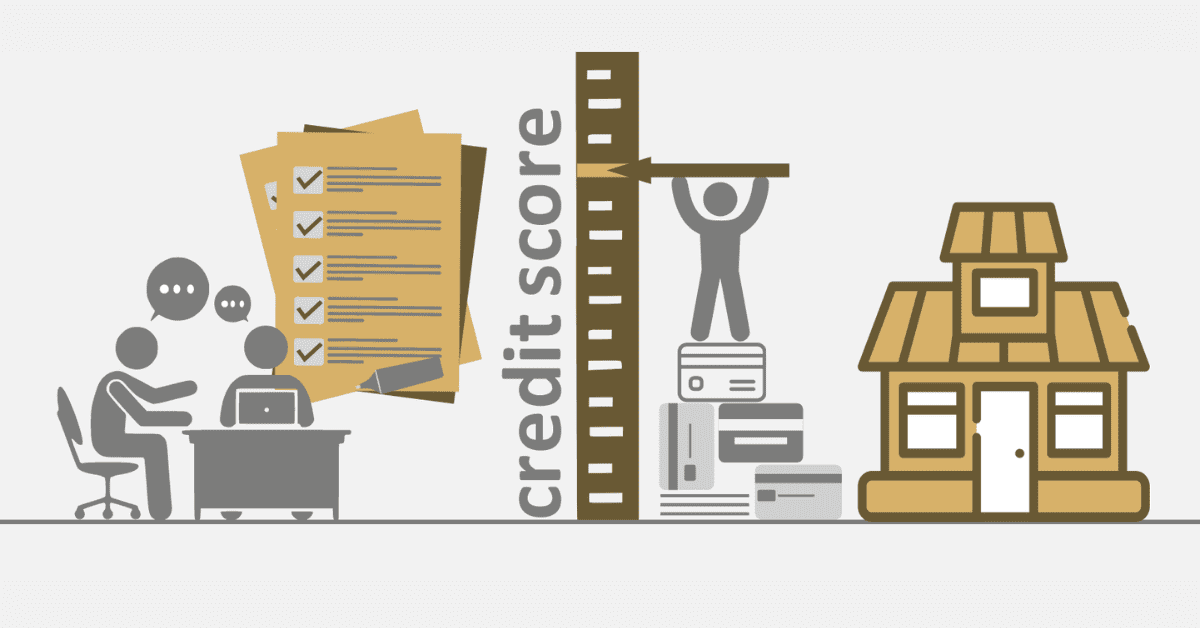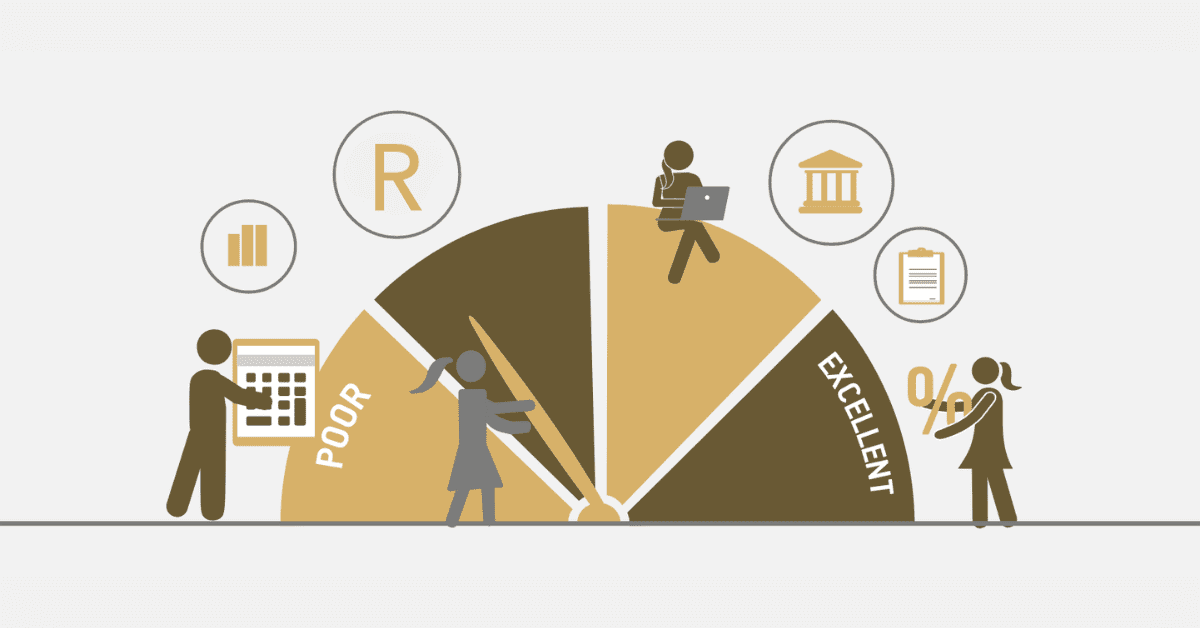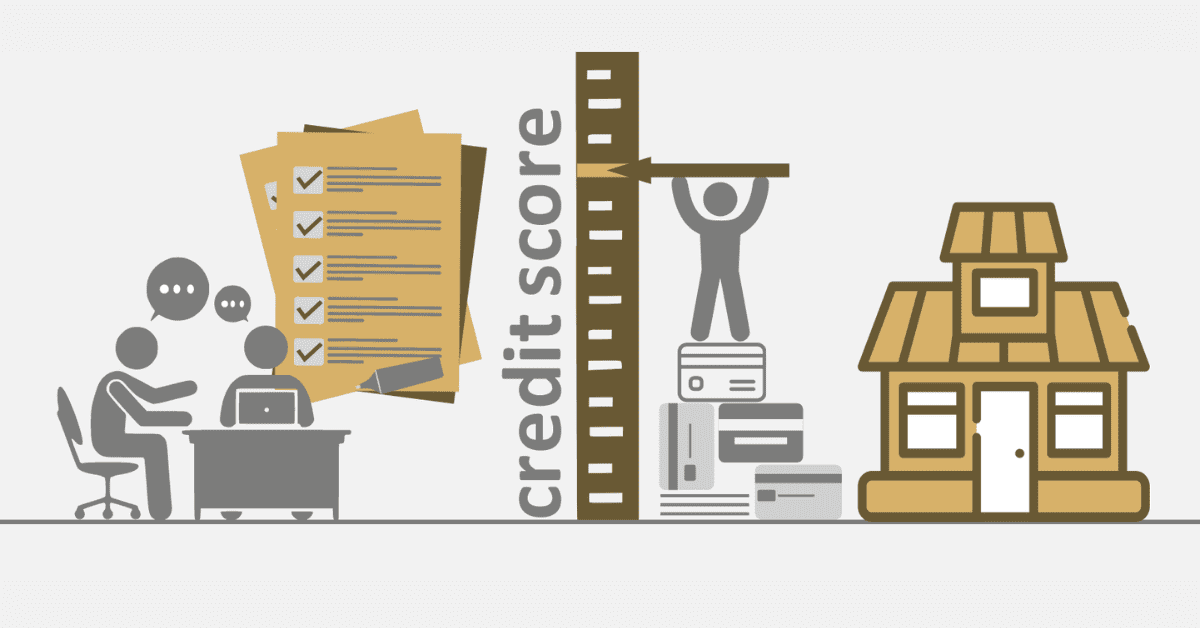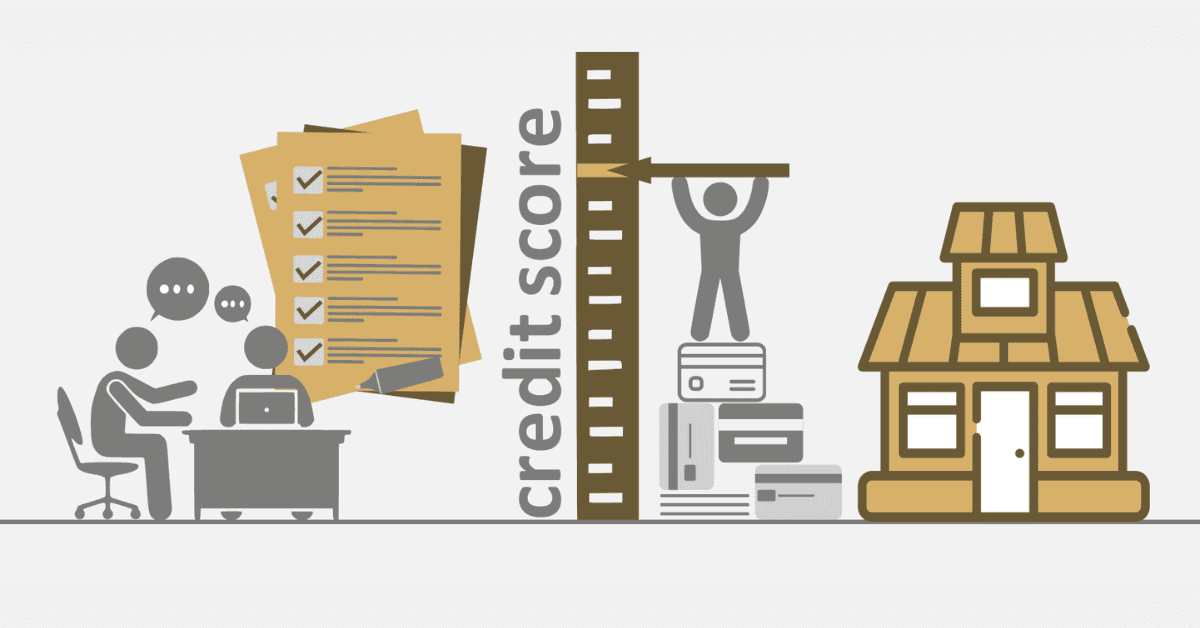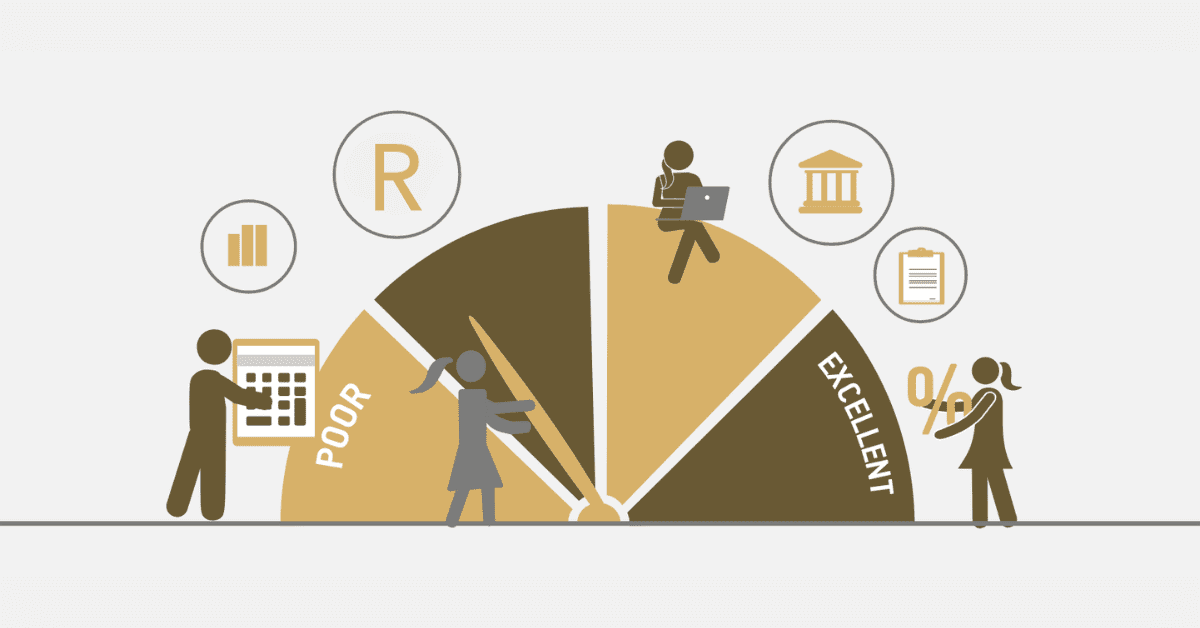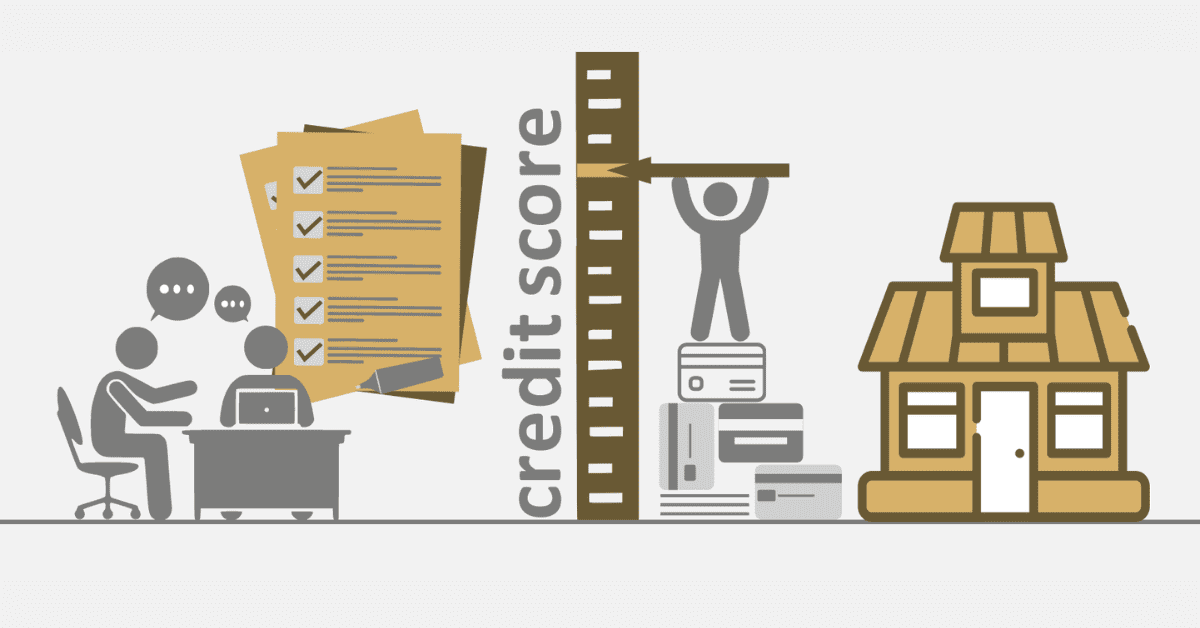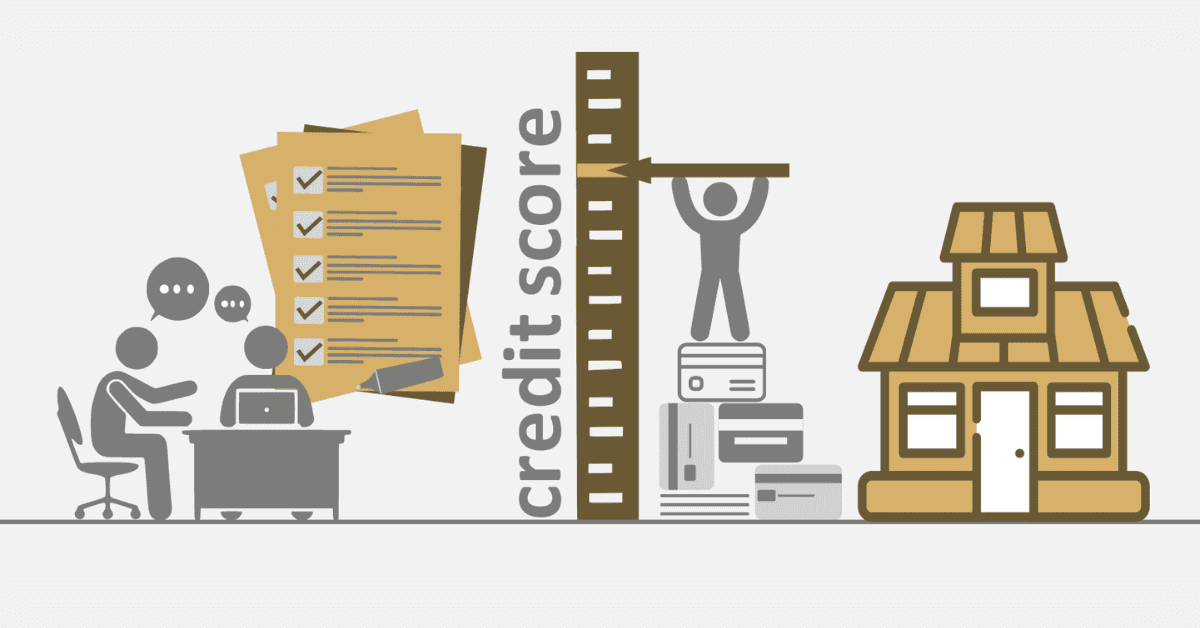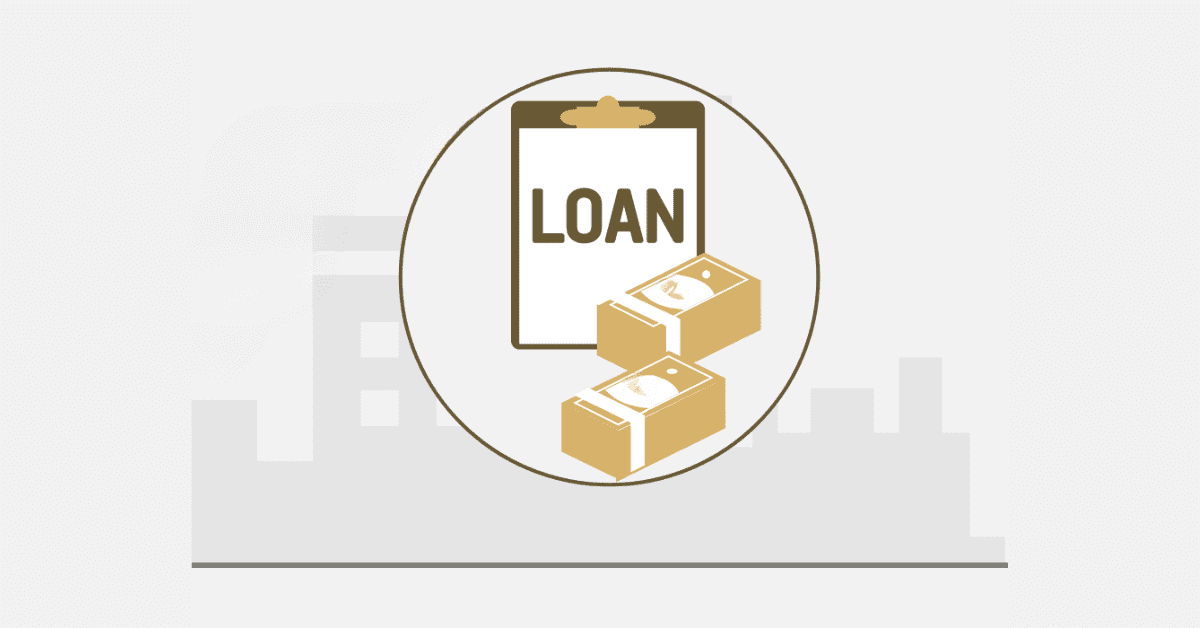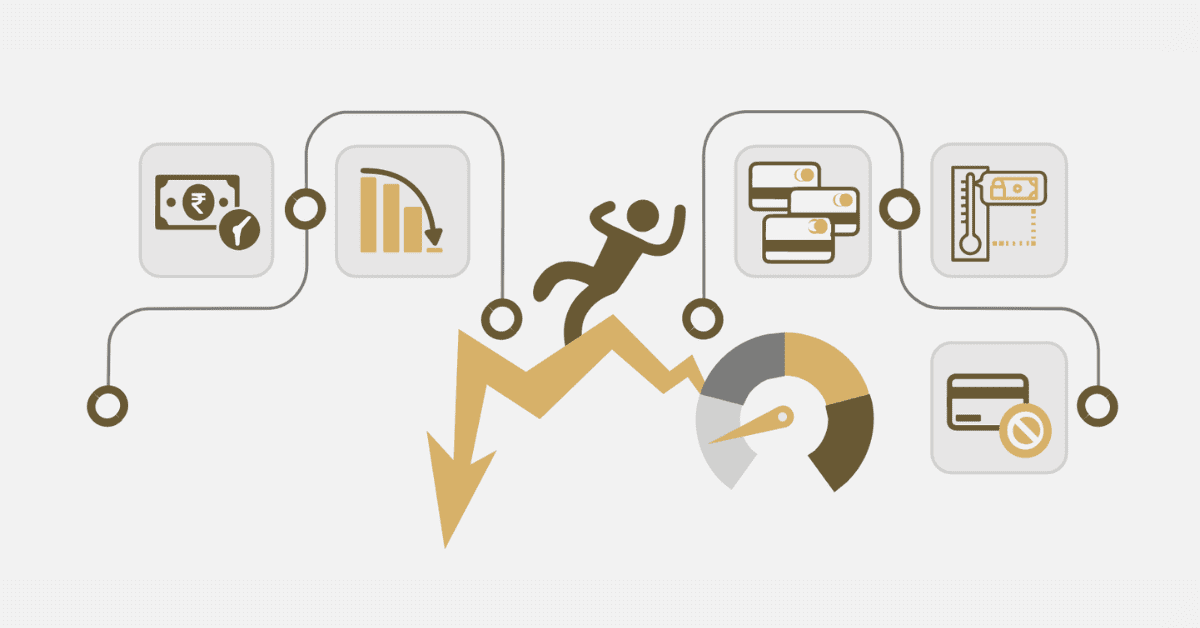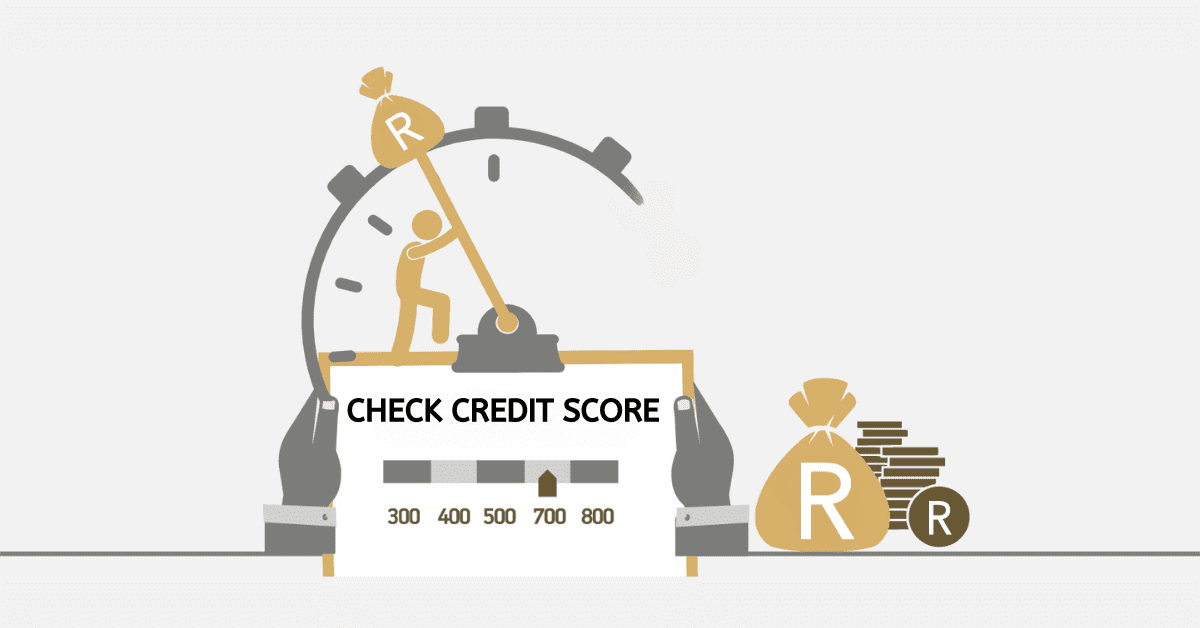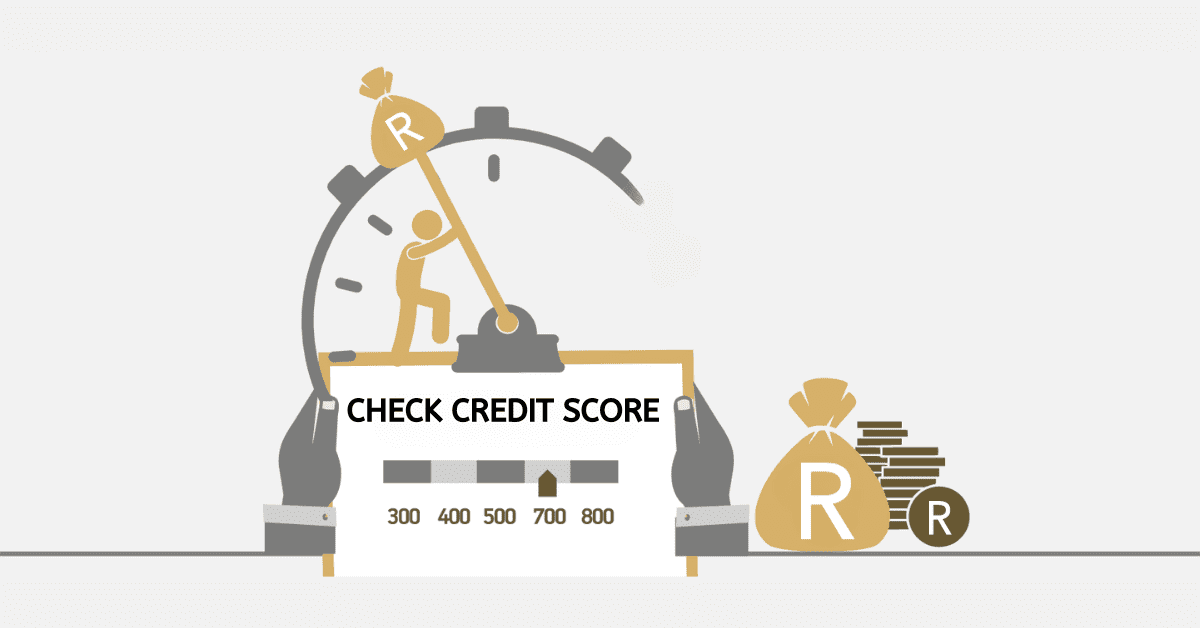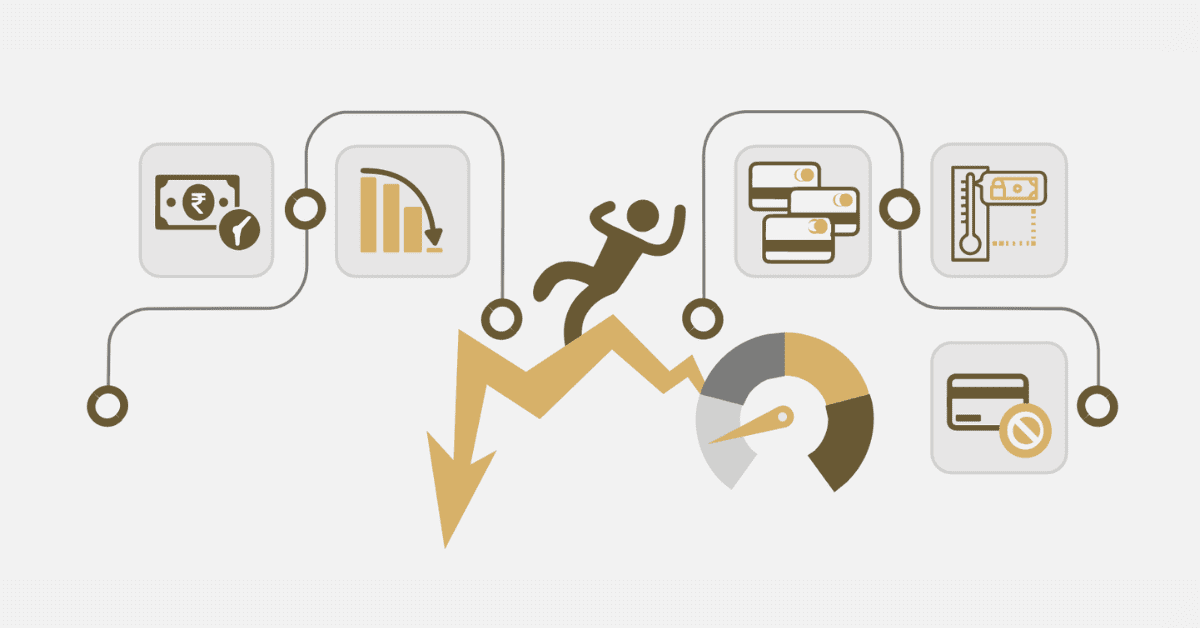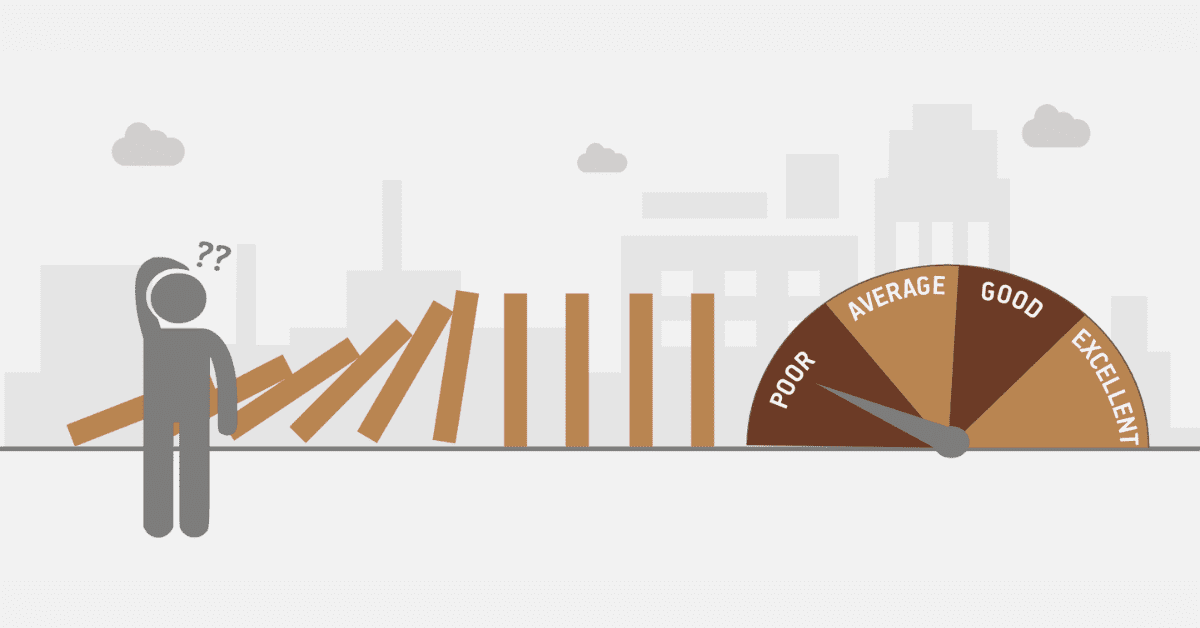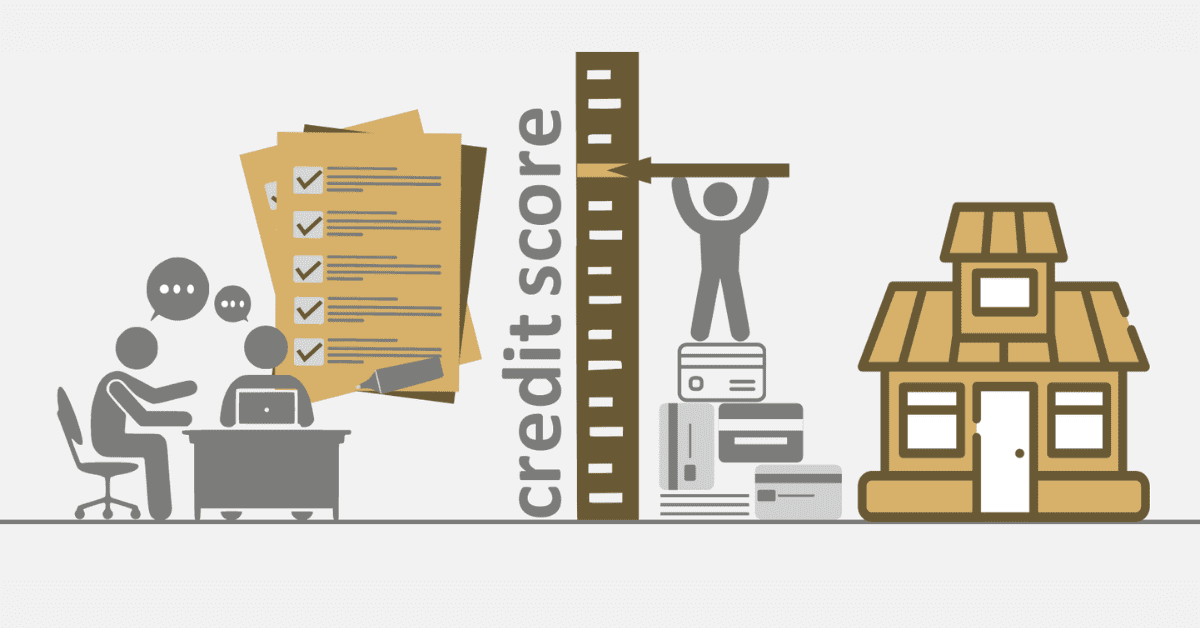You have found out you have a bad credit score- now what? This can be upsetting news, but always remember that it isn’t permanent. There is a lot you can do to fix a bad credit score in South Africa. It all starts with understanding your credit score, what impacts it, and how to take control. We are here today to guide you through it all. So pour yourself a refreshing drink, relax, and let’s fix that credit score
How to Fix a Bad Credit Score in South Africa
The first step to fixing a bad credit score is knowing what, exactly, is impacting your credit report. So it all starts by approaching each of the 4 major bureaus (TransUnion, XDS, Compuscan, and Experian) and requesting your credit report with them. You are entitled to one free copy every 12 months, and they are cheap to buy if you need one sooner. It’s about R20.
Once you have your report, you can evaluate the information on it. Start by looking for errors or fraudulent accounts that aren’t yours. Also, check if there is legitimate information that should have been removed already, but hasn’t. For example, an old delinquent account you have already settled. These matters can all be addressed via a dispute with the bureau. Fill in the form, and submit it with your supporting documents. They have 20 working days to investigate and reach a decision. If your dispute was honest, it will be removed from the report. If you are still unsatisfied, you can approach the Credit Ombudsman to intervene.
Now you have a tidy report, you have to get real about your own poor use of credit. Things that hurt your credit score include:
- Late payments
- No payments
- Exceeded credit limits
- Balances within the limit, but over 50% of the available credit (credit utilization)
- Defaults, judgments, and other legal actions
You can fix these by bringing accounts up to date, paying on time, lowering your use of credit, and settling any formal matters. Once this is done, commit to better credit use going forward, and your score will improve with time.
However, it’s worth noting that some other things can impact your credit score that aren’t bad habits. These include:
- Having no credit
- Having very few credit lines
- Having no diversity in credit types (eg only credit cards, no long-term debt)
- Canceling or closing credit lines
- Paying off the full balance
- Not using credit you have
- Having a short credit history
You have probably noticed that these aren’t bad in any way. Some are good financial habits, in fact! Credit scores don’t indicate your overall financial health, just how well you use credit. If you need to build up a credit score, you may have to take action on a few of these points to do so. Remember to use any credit you have responsibly, though, and don’t use more credit than you can easily afford to repay.
Can a Poor Credit Score be Fixed?
A poor credit score can absolutely be fixed. No matter how bad it is! So don’t lose hope. The lower your credit score has slipped, the longer it will take to rehabilitate. So don’t expect miracle results. As long as you practice good credit habits, however, you can slowly repair the damage and build a positive credit score. Even the worst negative elements will fall off your report eventually, and your new good behavior will replace it. Time, patience, and diligence are all you need.
How Long Does a Bad Credit Record Last in South Africa?
A bad credit record is built from multiple bad credit habits over time. Every negative action, from a missed payment to a default, will have an individual impact. The same goes for positive actions, however! Cumulatively, these are combined to give your overall credit score. This means that a credit score- even a bad one- is always in flux and changes with every new movement on your credit accounts. So there is no fixed time that a bad credit record will last. That’s fantastic news! It means addressing and resolving individual problems one by one will slowly rehabilitate your credit. You aren’t going to live with a bad credit record forever.
Every individual action’s negative effects will linger depending on the retention period it has. The NCA sets these time limits on how long specific actions can affect your credit. Most things will fade after a year. Judgments can last up to 5.
In general, settling a debt or default, following the court guidelines (in cases of judgment), or presenting your debt clearance certificate (for debt review) is enough to resolve the matter and prevent further negative impacts. If you settle a delinquent account directly with the creditor, ask them for a ‘paid up letter’ to prove it. If you spot fraudulent entries or mistakes on your credit report, address them immediately via a dispute to have them removed.
How Do I Remove My Name From the Credit Bureau in South Africa?
To make a long story short, you cannot just remove your name from the records at the credit bureau. Nor do you want to! Having no credit record can be as hindering as having a poor credit score. However, if you have had a bad credit score, a default, a judgment, or a major legal event like declaring bankruptcy, you can clear your name with the credit bureau and fix your credit record. If you’ve noticed fraud or incorrect information, you can lodge a dispute with the bureau, prove your case, and have it removed within 20 working days. If you can’t find a satisfactory solution, you can also approach the Credit Ombudsman to mediate on your behalf.
A bad credit score can feel like a millstone around your neck. Hopefully, you now know it can be addressed and your credit fixed. The bad score isn’t forever. All it needs is a little care and attention from you- and good credit habits, of course!
